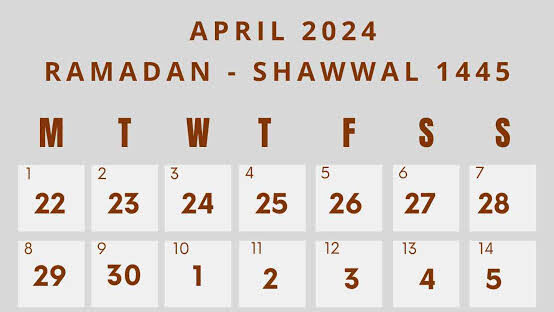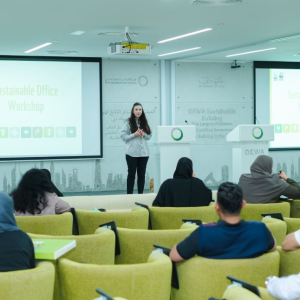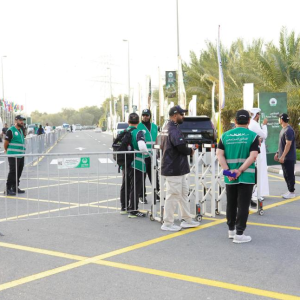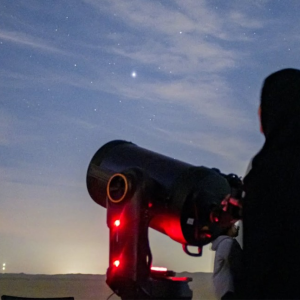The Islamic calendar plays a vital role in the daily life and culture of the UAE. Unlike the Gregorian calendar, which follows the solar year, the Islamic calendar is based on lunar cycles. Each Islamic month begins with the sighting of the new moon, making the Islamic year approximately 10 to 12 days shorter than the solar year.
Key Points to Remember:
- The Islamic calendar has 354 or 355 days.
- It shifts about 10 to 12 days earlier each year compared to the Gregorian calendar.
1. Structure of the Islamic Calendar

The calendar, also known as the Hijri calendar, has been in use since 622 AD, marking the migration (Hijra) of Prophet Muhammad (PBUH) from Mecca to Medina.

Main Features:
- Comprises 12 lunar months, each lasting 29 or 30 days depending on moon sightings.
- Does not align with the Gregorian year, causing dates to vary annually in the Gregorian calendar.
List of the 12 Months:

- Muharram – Sacred month; marks the New Year.
- Safar – Known for historical events and travels of the Prophet.
- Rabi’ al-Awwal – Celebrates the birth of Prophet Muhammad (PBUH).
- Rabi’ al-Thani – Continues historical milestones.
- Jumada al-Awwal – Associated with significant history.
- Jumada al-Thani – Linked to early events.
- Rajab – One of the four sacred months; important for prayers.
- Sha’ban – Precedes Ramadan; known for fasting on the 15th night.
- Ramadan – Holiest month of fasting, prayer, and reflection.
- Shawwal – Marks the end of Ramadan with Eid al-Fitr.
- Dhul-Qi’dah – A month of peace; preparations for Hajj begin.
- Dhul-Hijjah – Contains Hajj pilgrimage and Eid al-Adha.
2. Importance of Today’s Date in the UAE
The date is significant for religious observances, community events, and personal milestones. The calendar influences:
Religious Obligations:
- Ramadan Fasting – Knowing the start and end of Ramadan is crucial for fasting.
- Hajj and Eid – Pilgrimage and festival dates depend on the calendar.
- Daily Prayers – Some prayers and acts of worship are based on specific dates.
Personal Milestones:
- Muslims often mark important events like births, weddings, or anniversaries using the calendar.
Community Events:
- Significant nights such as Laylat al-Qadr (27th night of Ramadan) and Mid-Sha’ban are observed with prayers and gatherings.
3. UAE National Holidays Based on the Calendar
Several national holidays in the UAE are determined by the calendar, based on moon sightings:
| Holiday | Month | Description |
|---|---|---|
| Eid al-Fitr | Shawwal (10th month) | Celebrated at the end of Ramadan; marks a time of joy and gratitude. |
| Eid al-Adha | Dhul-Hijjah (12th month) | Commemorates Prophet Ibrahim’s willingness to sacrifice his son. |
| New Year | Muharram (1st month) | Marks the beginning of the new year. |
| Prophet’s Birthday | Rabi’ al-Awwal (3rd month) | Celebrates the birth of Prophet Muhammad (PBUH). |
The UAE government announces holiday dates based on moon sightings to ensure accuracy.
Also Read : Padel Power: Inside Ahmed’s Inspirational Coaching Journey
4. Challenges of Using the Calendar in Modern-Day UAE
Although the calendar is integral to Muslim life, it presents some challenges:
Moon Sightings:
- Since the calendar relies on moon sightings, exact dates can vary slightly based on local observations.
Business Scheduling:
- For businesses and schools, planning events and holidays can be challenging because dates shift yearly.
Expat Community:
- Many expatriates in the UAE may not be familiar with the calendar, requiring additional communication about key dates and events.
How the UAE Addresses These Challenges:
- Official Announcements: The government regularly announces the start of important months to help residents plan.
- Public Awareness Campaigns: Schools and workplaces often educate people about key dates and their significance.
5. Technology’s Role in Tracking Dates
Technology has made it easier to track dates and plan accordingly in modern times.
Popular Tools and Apps:
- Mobile Apps: Many apps provide date conversions, prayer times, and reminders for key events.
- Online Calendars: Websites and platforms offer updated calendars synced with moon sightings.
- Smart Devices: Smartwatches and home assistants often include date tracking features.
These tools ensure that residents and visitors in the UAE stay informed about significant events and holidays.
Conclusion
The calendar is a cornerstone of life in the UAE, influencing religious practices, national holidays, and daily routines. Despite its challenges due to its lunar nature, the UAE has effectively integrated it into modern life through technology, official communication, and community initiatives. Understanding the calendar helps both Muslims and non-Muslims appreciate the cultural and religious fabric of the nation.
As the UAE continues to evolve as a global hub, the calendar remains a bridge between tradition and modernity, connecting the past with the future.
Whether through observing Ramadan, celebrating Eid, or marking personal milestones, the calendar holds deep cultural and spiritual significance in the UAE.r holds deep cultural and spiritual significance in the UAE.
Do follow Uae stories follow for more updates












